Machine Learning using Python Course in Delhi, IN
(4.6) 1480 ratings.

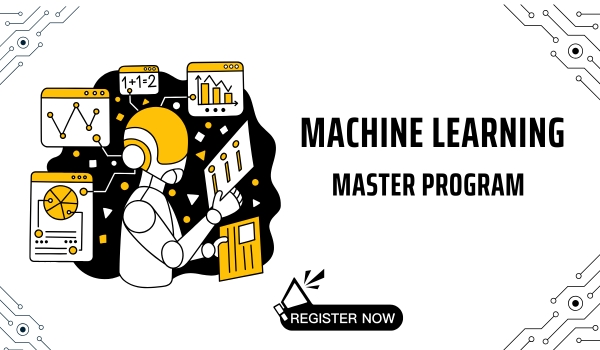
(4.6) 1480 ratings.


Next Batch Starts
Program Duration
Learning Format
GoLogica Academic's Master Program features a structured curriculum, paving the way to Global scope.
GoLogica having a 15+ years of experience on career transforming programs with industrial oriented Skills.
GoLogica Advanced Programs delivers cutting-edge AI Training, offering insights into the latest trends.
GoLogica emphasizes practical learning with exercises, projects to equip you with real world application.
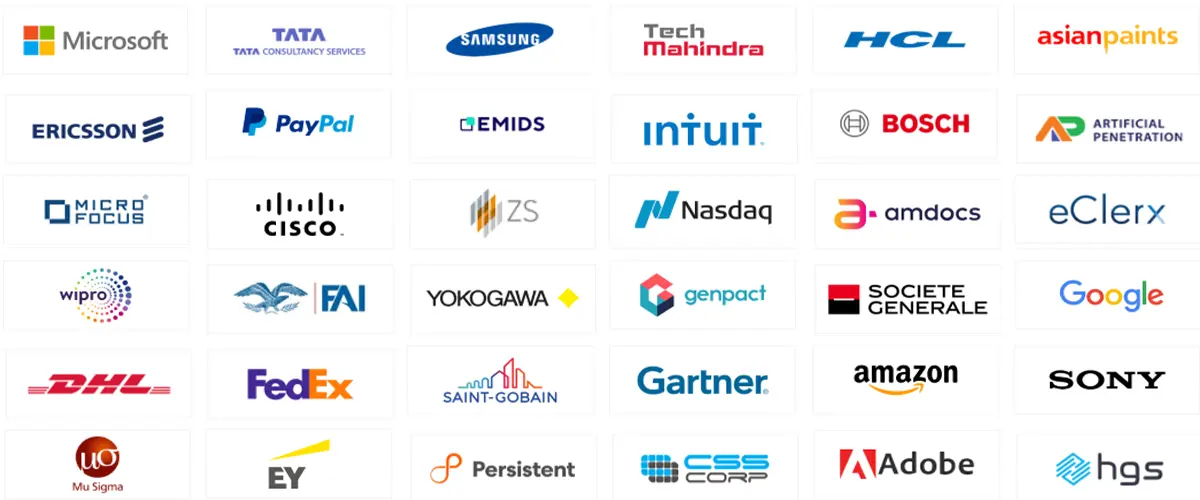
Machine Learning at GoLogica in Delhi is designed to propel professionals into the fast-paced world of data science and artificial intelligence. It will endow one with vast knowledge of the development, implementation, and deployment of machine learning models as machine learning progresses across different industries. Equip yourself with the tools to harness data-driven insights that transform business strategies.
A successful career in machine learning requires both theoretical and practical expertise. GoLogica Course Training is developed based on insights from industry experts so that relevant skills and knowledge for real challenges in machine learning and data science are imparted to you.
Among topics to be covered in this curriculum will be supervised and unsupervised learning, neural networks, data processing, and model evaluation, among others. In every module, I will guide you through the intricacies of machine learning techniques and algorithms that drive innovations around various sectors.
Concepts involving complexity are learned only through the GoLogica Practical learning experience. This would include practical projects that simulate real-life machine learning scenarios in a training session for the application of learned knowledge and enhancement of problem-solving skills. This experiential learning best equips you to handle the actual machine learning projects with ease.
That means this dedicated support team is ready to assist you with every issue and question related to the course so that learning is always seamless and productive.
Topics Covered in the Key Focus of the Program
After getting certified for the industry-approved credentials, such as AWS Certified Machine Learning—Specialty or even TensorFlow Developer Certification, by completing the Machine Learning Course offered by GoLogica. These can instead lead to enhanced career prospects in the IT, finance, health care, and e-commerce sectors into more complex roles in machine learning.
Whether you look forward to climbing the corporate ladder or switching over to machine learning, the GoLogica Training in Machine Learning prepares you by giving you the knowledge and the confidence to achieve your goals. That is why this program provides you with a comprehensive curriculum and hands-on experience on how to attain high-level success in the rapidly changing machine-learning landscape.
Become a successful machine learning practitioner like others who have successfully modified their entire careers at GoLogica with the help of our expert program. Take that first step to becoming an expert in machine learning today!
Join the GoLogica Course in Machine Learning in Delhi to be trained with the latest education, practical skills, and industry certification to groom you into a real machine-learning professional who can transform the standards of innovation and growth with never-ending opportunities. Sign up now and take it to the sky.
Python was mainly developed for emphasis on code readability, and its syntax allows programmer to express concepts in fewer lines of code.Python is considered a scripting, language like Ruby or Perl and is often used for creating Web applications and dynamic Web content.
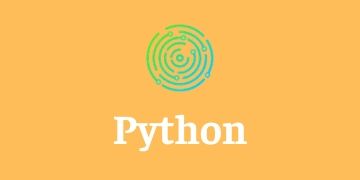
GoLogica is offering an instructor led extensive course on Artificial Intelligence(AI) course. Artificial Intelligence is also called as Machine intelligence. This domain is constantly evolving and many applications are slowly moving towards this platform .
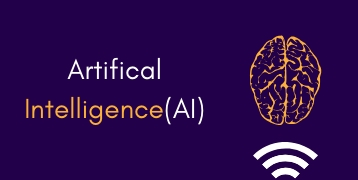
GoLogica provides Data Science with Python Training This course has been designed with a focus on quality and simplicity making it ideal for Beginners or for those looking for a refresher on Data Science with Python. It gives an engaging learning experience covering everything you need to know about Data Science.
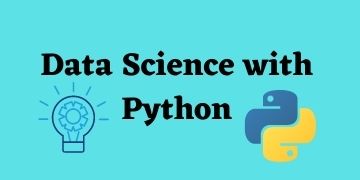
In this course, you will learn about the workings of OpenAI’s ChatGPT model, the model architecture, and the fine-tuning techniques. You will also discover in detail how to embed ChatGPT into various applications, control conversation flows, and fine-tune it for distinct tasks. Applied, you’ll learn about the operative utilization and development of AI chatbots as well as NLP, making ChatGPT your robust tool in AI capability.
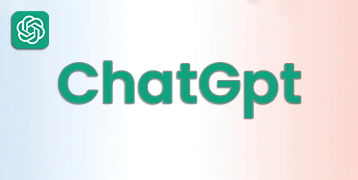
The GoLogica Python Statistics course offers students to learn what it takes to be a data scientist and the basic statistical methods required. In this course, you will find out about descriptive statistics, probability, inferential statistics, and hypothesis testing. The course involves the use of libraries such as NumPy, Pandas, and SciPy, prevalent techniques in Python for analyzing real data together with statistical methods. By the end, you’ll be able to make sense of your data and build data models using one of the preferred languages for anyone working in data science or machine learning toda —Python.
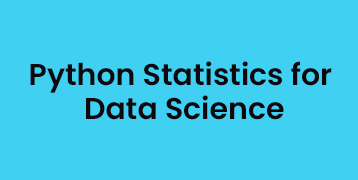
This course provides guidelines on how to process big data through PySpark, which is a vital instrument in big data processing and compute clusters. You will learn how to manipulate big data using Spark’s data structures, including RDDs and Spark Dataframes. The course also introduces Machine Learning with PySpark to help you build scalable ML models. This certification makes you ready to work on big data technologies professionally.
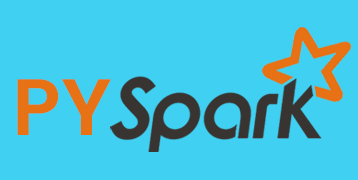


This will help you to better understand the Machine learning.
you will be able to grow your career by broadening your proficiency in Machine learning.
With this, the students will be able to decide their careers in the right way.
We Help with face-to-face interaction through mock interviews & Exams

Powered by
Paypal
Debit/Credit
UPI
GoLogica Machine Learning Certification holds accreditation from major global companies worldwide. Upon completion of both theoretical and practical sessions, we offer certification to both freshers and corporate trainees. Our certification on Machine Learning is recognized globally through GoLogica, significantly enhances the value of your resume, opening doors to prominent job positions within leading MNCs. Attainment of this certification is contingent upon the successful completion of our training program and practical projects.
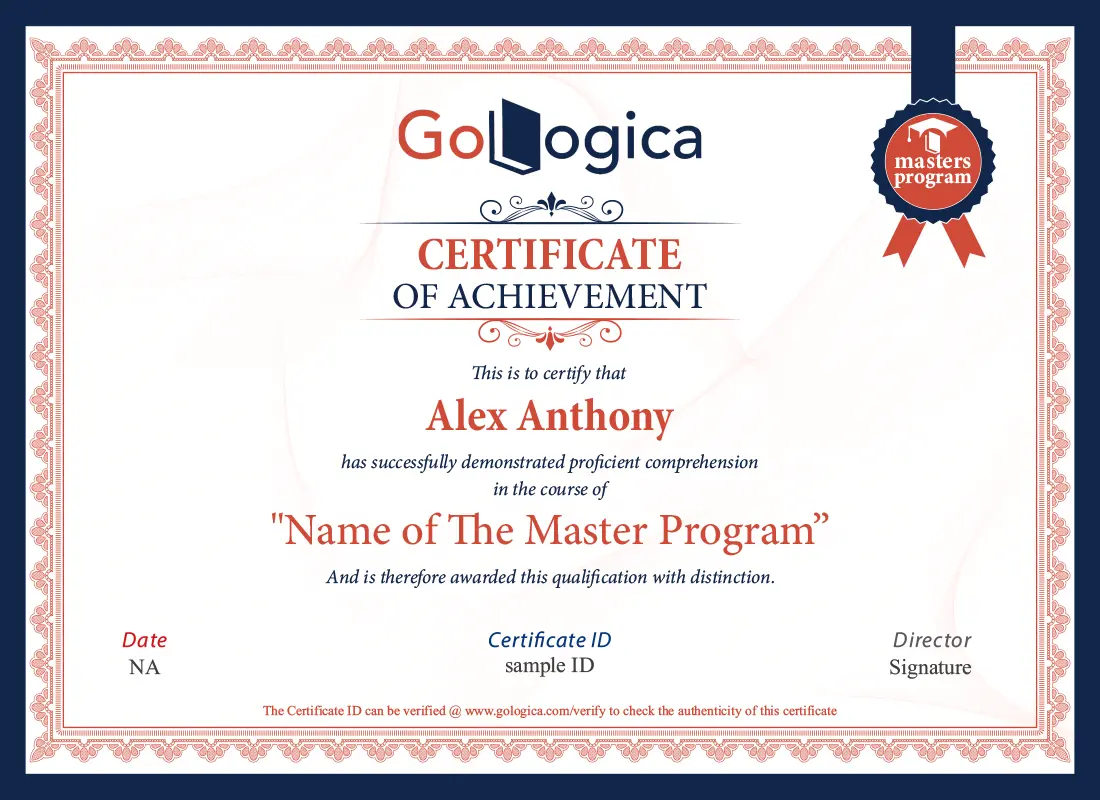
The U.S. Bureau of Labor Statistics (BLS) forecasts a 22% increase in employment for Machine Learning from 2021 to 2031, significantly outpacing the average for all occupations. Additionally, Machine Learning Ventures predicts 3.5 million unfilled cybersecurity jobs worldwide by 2025.
According to the BLS, Machine Learning professionals are well-compensated. The median annual wage for Data Engineer was $110,000 and $160,000 PA It’s depending on factors such as experience, location, and specific job responsibilities.
Are you preparing for a interview? If yes, our expert tutors will help you with this.
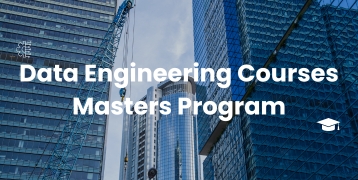
355 learners (4.8) 6 Months View Program
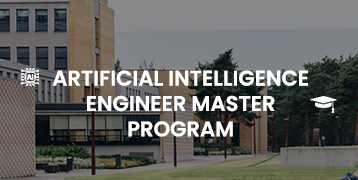
223 learners (4.5) 6 Months View Program
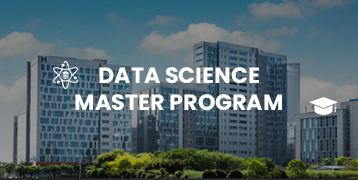
300 learners (5) 6 Months View Program

320 learners (5) 6 Months View Program